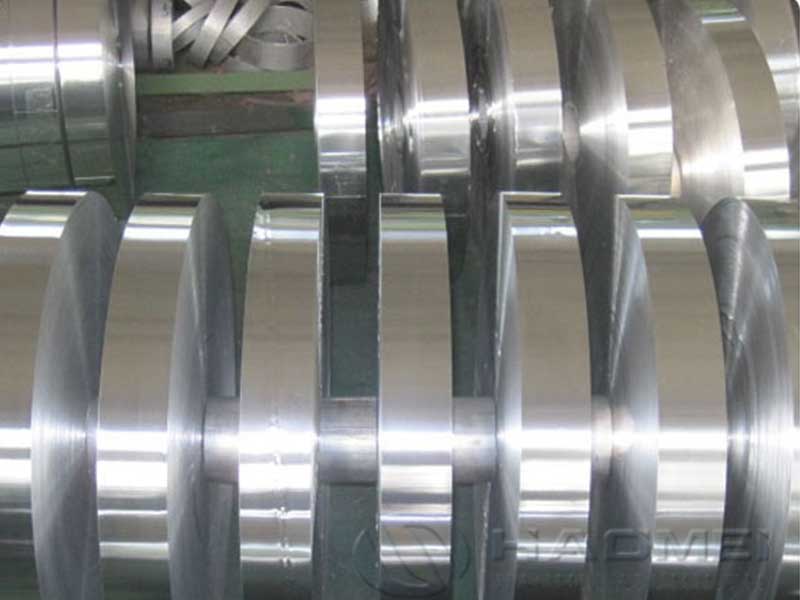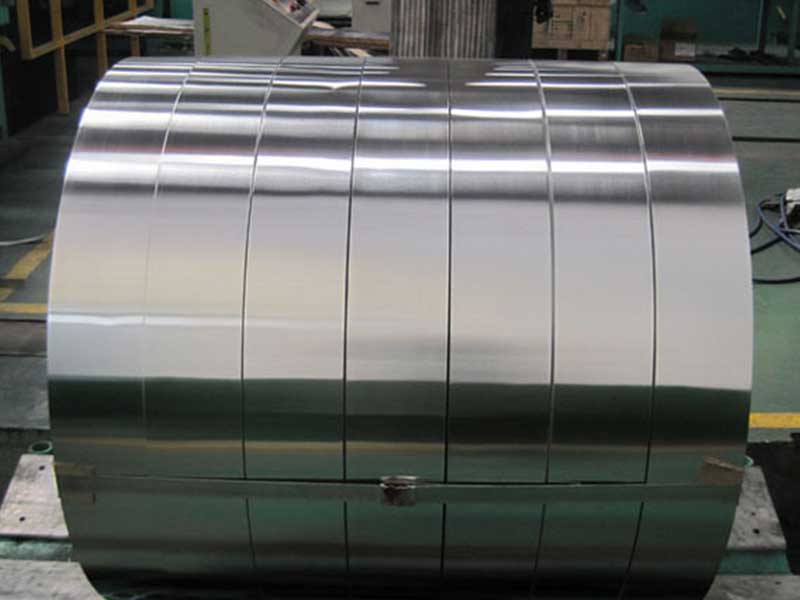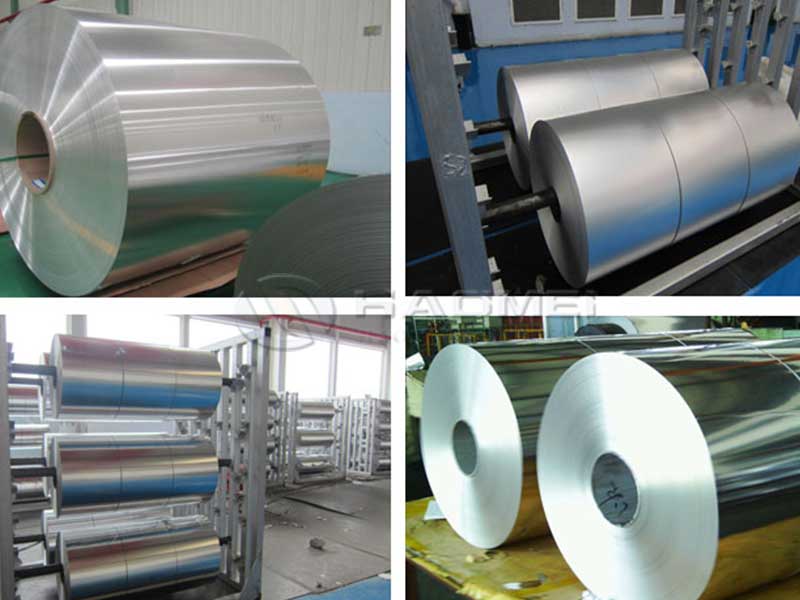0.2 Thickness 1060 Aluminium Foil
Introduction
When it comes to packaging and insulation materials, aluminium foil stands out as an unmatched choice due to its versatility, durability, and lightweight characteristics. Among various options available in the market, 0.2 thickness 1060 aluminium foil is gaining more attention across different industries.
Understanding 1060 Aluminium Foil
The term "1060" refers to the alloy series which signifies that the composition of the aluminium is minimal, approximately around 99.6% pure. This basic form of aluminium offers exceptional malleability and corrosion resistance. When we focus on 0.2 thickness among 1060 aluminium foil, we're speaking to a fraction of the standard gauge. This thin profile allows for easy handling and makes it incredibly adaptable for several practical applications.
Benefits of 0.2 Thickness 1060 Aluminium Foil
-
Lightweight and Flexible: The lightweight property of 1060 aluminium foil at 0.2 thickness makes it ideal for numerous industries--from food packaging to industrial applications. Its flexibility facilitates easy wrapping and reshaping without compromising durability.
-
Corrosion Resistance: One of the standout salient features of 1060 aluminium foils is their ability to resist moisture and corrosion. When utilized for packaging or insulation, consumers can trust that their products remain protected over extended periods.
-
Thermal Conductivity: Valuable in the food industry, 0.2 thickness aluminium foil is efficient in heat conduction. This makes it an excellent choice for cooking, baking, and food preservation: helping in optimal temperature control.
-
Eco-Friendly: Companies that use 0.2 thickness 1060 aluminium foil can prioritize sustainability. Aluminium is highly recyclable, and it has a significantly lower ecological footprint than many other materials.
Primary Applications of 0.2 Thickness 1060 Aluminium Foil
Food Packaging: Given its lightweight and insulating features, 0.2 thickness 1060 aluminium foil is predominantly noticeable within the food packaging sector. It preserves food quality by protecting against light and oxygen, thereby extending shelf life.
Insulation: This aluminium foil measure is also employed in thermal insulation materials––often used in homes and buildings to minimize energy consumption by retaining heat.
Electrical Applications: Given its excellent conductivity and anti-corrosive properties, a 0.2 thickness foil is effective in electrical sectors as a component in wires and circuit boards.
How to Choose the Right Aluminium Foil?
When seeking the right aluminium foil for your specific needs, considering its specifications (such as the thickness) is vital. A 0.2 thickness 1060 aluminium foil might be ideal for applications requiring greater flexibility and thermal efficiency without the unnecessary weight.
https://www.alusheets.com/a/02-thickness-1060-aluminium-foil.html



